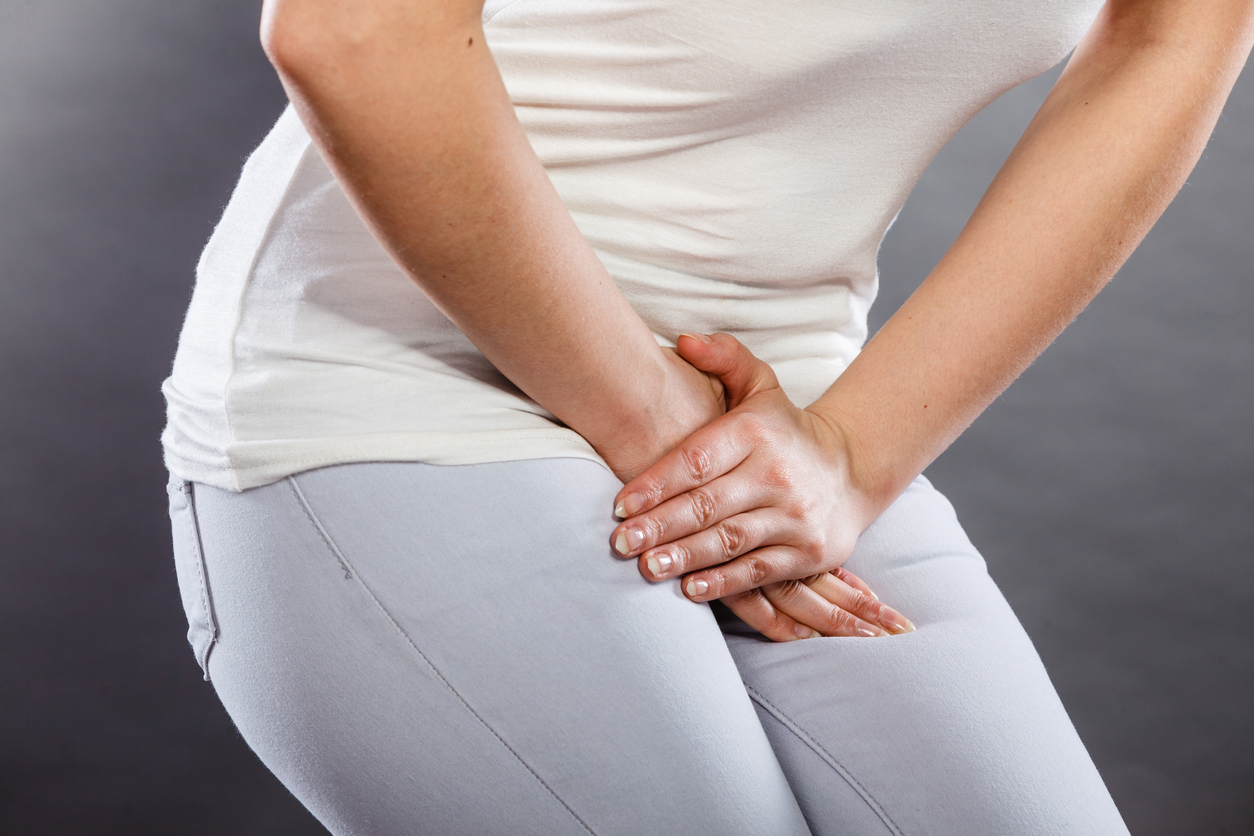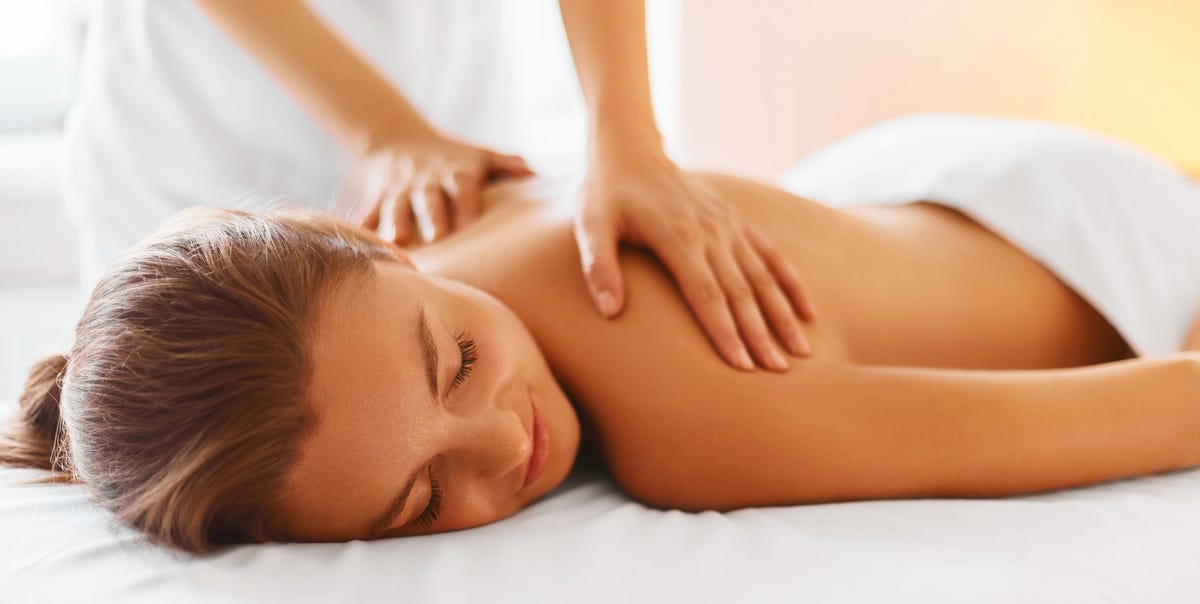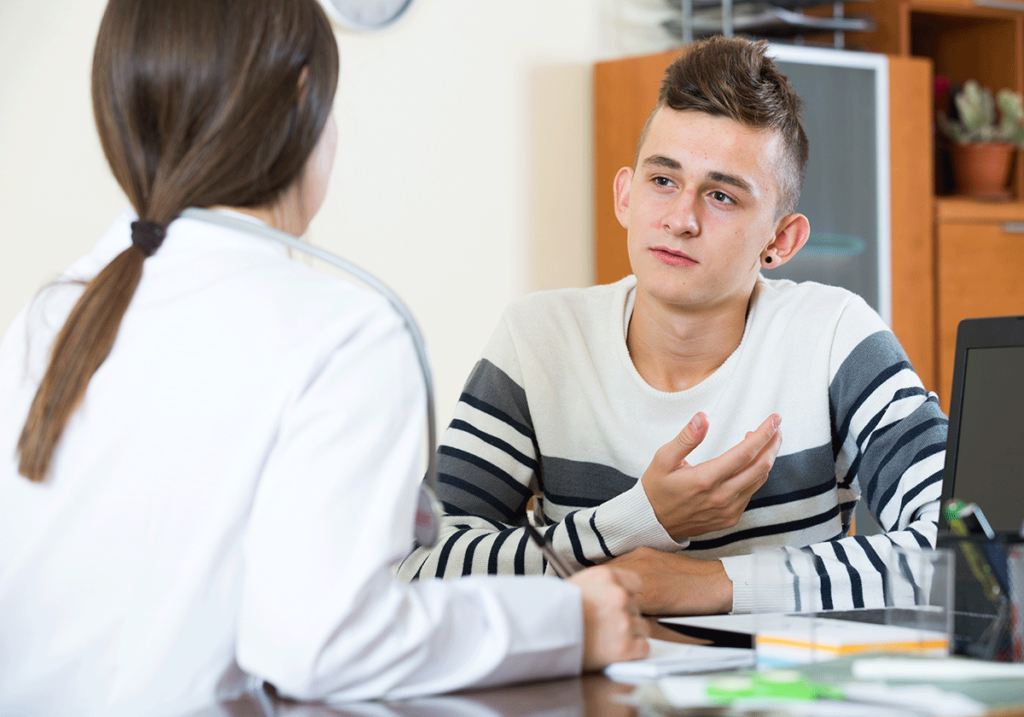
Young woman having painful stomachache with hands holding pressing her crotch lower abdomen. Medical or gynecological problems, healthcare concept

Table of Contents
Overactive Bladder
Overactive bladder (OAB) is the name for a gathering of urinary indications. It’s anything but a malady. The most well-known indication is an unexpected, uncontrolled need or inclination to pee. A few people will spill pee when they feel this inclination. Another manifestation is the need to pee often during the day and night. OAB is essentially the inclination that you’ve “gotta’ go” to the restroom earnestly and to an extreme. Spilling pee is designated “incontinence.” Stress urinary incontinence (SUI), is another regular bladder issue. It’s unique in relation to OAB. Individuals with SUI spill pee while wheezing, snickering or doing other physical exercises. Dr. Uzoma Nwaubani in Wildwood says that upwards of 30 percent of men and 40 percent of ladies in the United States live with OAB manifestations. Numerous individuals living with OAB don’t request help. They may feel humiliated. Numerous individuals either don’t have the foggiest idea of how to chat with their medicinal services supplier about their indications, or they think there aren’t medications that can help. The fact of the matter is numerous medications can help. Getting some information about it is the initial step.
How OAB Can Affect Your Life
OAB can impede your work, public activity, exercise, and rest. Without treatment, OAB manifestations can make it difficult to get past the day without numerous excursions to the restroom. You might not have any desire to go out with companions or go a long way from home since you’re apprehensive about being a long way from a restroom. This makes numerous individuals feel desolate and disengaged. OAB may influence associations with loved ones. It can upset your rest and sexual coexistence. Too little rest will leave anybody worn out and discouraged. What’s more, on the off chance that you spill pee, you may create skin issues or contaminations.
Side effects
Desperation: The significant side effect of OAB is an unexpected, compelling impulse to pee that you can’t overlook. This “gotta go” feeling makes you dread you will spill on the off chance that you don’t get to a washroom immediately. You might really spill with this inclination to go.

On the off chance that you live with OAB, you may likewise break pee or have “ask incontinence.” This implies pee spills when you feel the unexpected inclination to go. This isn’t equivalent to push urinary incontinence or SUI. Individuals with SUI spill pee when sniffling, giggling or doing other physical exercises. You may need to go to the restroom commonly during the day. The number of times somebody pees differs from individual to individual. Numerous specialists concur that setting off to the restroom in excess of multiple times in 24 hours is “visit pee.” On the off chance that you need to wake from rest to go to the washroom more than once per night, it’s an indication of OAB or nocturia.
Overactive Bladder
Ordinarily, when your bladder is brimming with urine, squandering your cerebrum and flagging the bladder. The bladder muscles at that point crush. This powers the urine out through the urethra. The sphincter in the urethra opens, and urine streams out. At the point when your bladder isn’t full, the bladder is loose. With a solid bladder, your mind is flagged which allows you to realize that your bladder is getting full or is full; however, you can stand by to go to the washroom. With OAB, you can hardly wait. You feel an unexpected, earnest need to go. This can happen regardless of whether your bladder is or isn’t full. In the event that the nerve flag between your bladder and mind don’t work appropriately, OAB can result.






